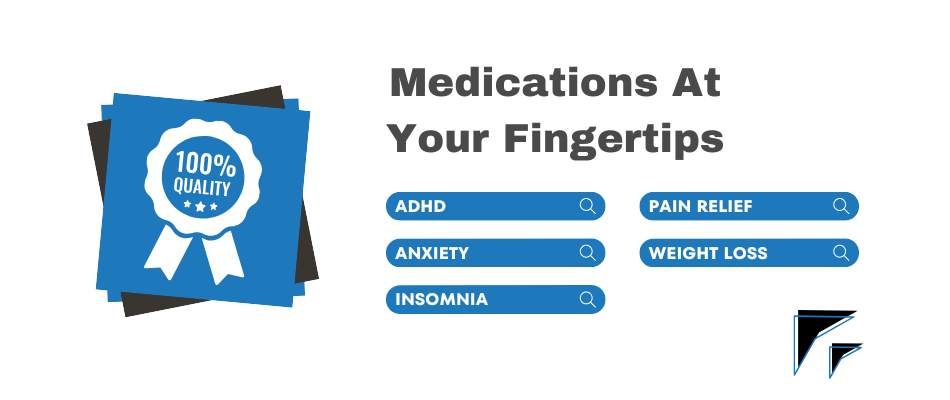- enquiry@medspharmausa.com
- +1 848-480-6007
All Categories
- Adderall
- Adipex
- Alprazolam
- Ambien
- Ativan
- Carisoprodol
- Clonazepam
- Codeine
- Darvocet
- Demerol
- Diazepam
- Dilaudid
- Fioricet
- Hydrocodone
- Hydromorphone
- Lorazepam
- Lorcet
- Lortab
- Meridia
- Methadone
- Norco
- Opana ER
- Oxycodone
- Oxycontin
- Percocet
- Phentermine
- Roxicodone
- Soma
- Suboxone
- Subutex
- Tramadol
- Valium
- Viagra
- Vicodin
- Xanax
- Klonopin
- Cialis
Hydrocodone Category
Hydrocodone 10/325mg
$435 - $1295
Hydrocodone 10/500mg
$495 - $1425
Hydrocodone 10/650mg
$495 - $1425
Hydrocodone 10/660mg
$361 - $909
Hydrocodone 10/750mg
$495 - $1425
Hydrocodone 2.5/500mg
$299 - $699
Hydrocodone 5/325mg
$309 - $699
Hydrocodone 5/500mg
$309 - $789
Hydrocodone 7.5/325mg
$495 - $1425
Hydrocodone 7.5/500mg
$495 - $1425
Hydrocodone 7.5/650mg
$359 - $799
Hydrocodone 7.5/750mg
$495 - $1425
Category Description


